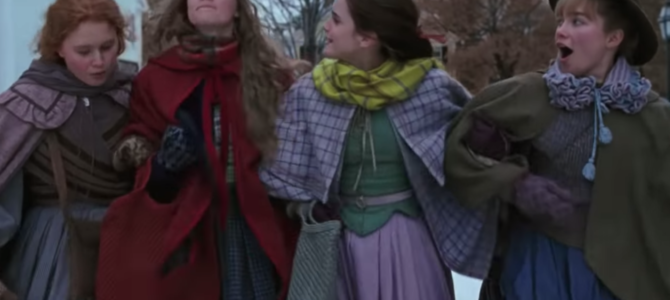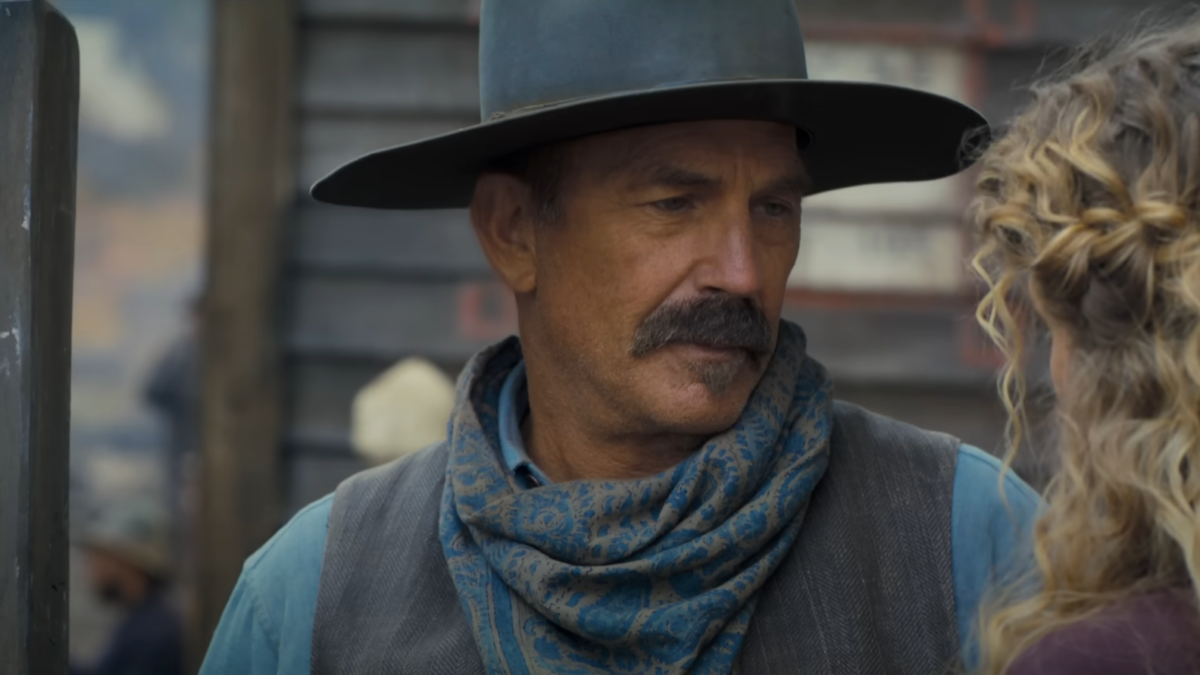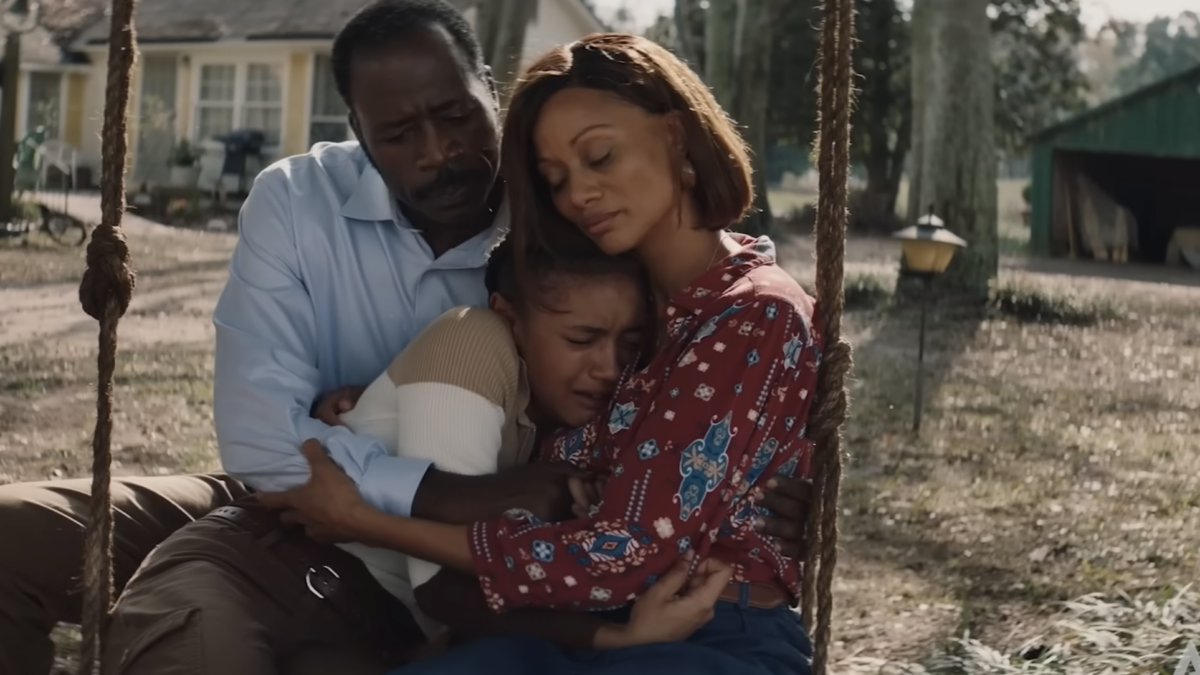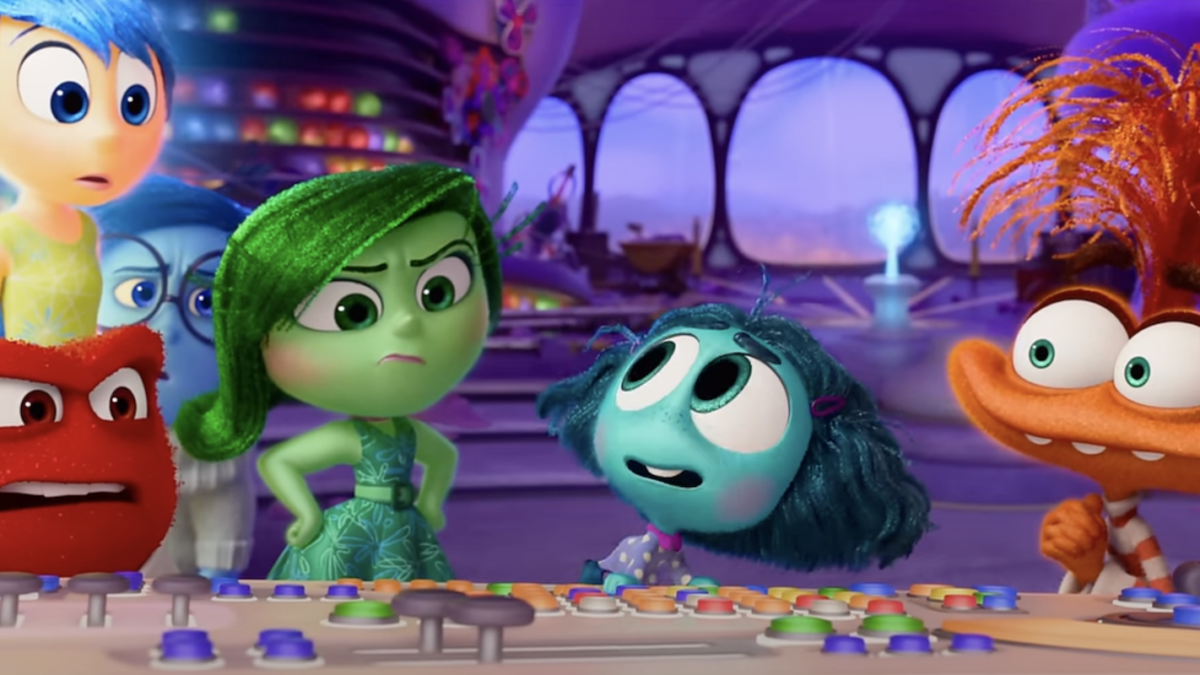
Spoilers for anyone who hasn’t read the book or watched a movie version of “Little Women.”
“Little Women” is a timeless story that should make you cry. For goodness sake, Beth dies. The fact that I wasn’t a bit emotional watching the latest retelling of the classic story is quite concerning, and even more so, disappointing. Greta Gerwig’s new version left me completely devoid of feeling, although the story is full of it.
In fact, two other recent adaptations — Clare Niederpruem’s modern adaptation of “Little Women” (2018) and the Masterpiece production of “Little Women” (2017) — had more depth, heart, relevance, and profound truth, even with much less notoriety and acclaim. Gerwig’s adaptation, however, fell flat for two reasons: The characters and story were underdeveloped, and the dialogue was mostly uninspiring, with missed opportunities in some scenes.
The Characters and Story Were Underdeveloped
While the Masterpiece production did have a full three hours — 45 minutes longer than Gerwig’s — to develop the characters and story, even Niederpruem’s modern adaptation was still decently developed in less than two hours.
Gerwig’s version seemed to highlight Amy and Jo’s stories on purpose, but in doing so, it took away from telling the whole story. Each sister represents a different type of woman, and each should have her story fully told. In one scene, Meg says, “Just because my dreams are different than yours doesn’t make them any less important.” By cutting back on Meg and Beth’s stories, Gerwig implied she did find those characters less important.
For example, Meg is the first sister to overcome the challenge of giving birth — to twins, no less — and seeks Marmee, the young women’s mother, to get her through it. The Masterpiece production depicted the scene beautifully, showcasing the strong bond between mother and daughter and the strength of women. Gerwig, however, didn’t include this at all.
Even Meg’s love story with John Brooke was more developed in the Masterpiece version, with the couple’s bond centered on being poor, of good character, and abused by Aunt March. Masterpiece’s Aunt March, played by the superb Angela Lansbury, was the wittiest interpretation of the character I’ve ever seen. Sorry, Meryl Streep.
The Masterpiece production also better developed the relationship between Jo and Laurie, including a more natural first meeting, which ultimately made Laurie’s eventual declaration of love to Jo more heartbreaking. Timothee Chalamet is charming as Laurie in Gerwig’s version, and he feels familiar, like a boy you used to know. But he acts very modern. Laurie’s character isn’t meant to be loved as much as everyone loves Chalamet, since Laurie lacks virtue.
There also wasn’t much to show of Amy’s lifelong crush on Laurie and her constant jealousy of Jo for it. There’s a scene in the Masterpiece production wherein both Amy and Laurie admitted to each other that they know they could be better people. This acknowledgement of sameness brought them together and made it feel like the right fit, and less like Amy was the consolation prize.
Regarding Beth’s storyline, the Masterpiece production better teased out Beth’s social anxiety, with Marmee speaking to Beth’s paralyzing fear of leaving the house, saying, “If you don’t engage with the world, all you’ll be running is your own prison.” Not to mention, Masterpiece also better captured Beth’s acceptance in dying, kinship with Jo, and overall goodness. That version showed the loss of Beth through Marmee’s eyes, resulting in a deeper sense of grief. Marmee’s breakdown in front of Jo about her dying daughter showed the intimacy of the March family and how gutting it can be to be a mother.
The Dialogue Was Mostly Uninspiring
The best and most honest line in Jo’s speech about the genius she sees in women and how she wants them to use their gifts is her admittance of being lonely. However, the other two recent adaptations better framed that feeling throughout the second half of her story. One of Jo’s most relatable lines in the Masterpiece production is near the end of the film, where she, utterly defeated in spirit, bitterly tells Aunt March, “My life is so small and narrow, I feel it closing in on me like walls. I wasn’t meant for a life like this.”
Christian references are almost entirely absent in Gerwig’s version, and while critics insist this update feels timely, the other two adaptations hit more timeless and pressing themes. The Masterpiece production perfectly addressed the ageless woe “good men are hard to find.” Marmee, played by the fantastic Emily Watson in that rendition, told Jo, “It’s natural and right that you should all go to homes of your own in time. I would like to keep all of my girls as long as I can, but I also want real love for all of you, from good men. The former takes time to flourish, and the latter are not lightly found.”
Perhaps the best aspect of Jo’s story that falls short in Gerwig’s version is her relationship with Professor Bhaer. Louisa May Alcott purposely gave Jo a bad love story because she originally didn’t want Jo to have one at all. Laurie is thus favored for generations to win Jo’s heart when compared to a strange, older gentleman with an accent.
In Niederpruem’s modern adaptation, millennial Jo was on her quest to do all the things, and struggling. But that specific depiction of her love story redeemed what most people find tragic about her love story. Not only was that particular Professor Bhaer attractive and not much older than Jo, he was her true intellectual match, and their connection was unparalleled. In a scene wherein he shared his heart and vulnerability, you could see Jo’s ego finally displaced.
The reason “Little Women” is so important and transcends each generation is that it captures the differences between women — in personalities, desires, and fortunes. The story is about life’s tribulations and triumphs, and the experiences that change a little woman into a woman. Ultimately, it’s about not wanting to let down your younger self, which is unfortunately how I felt watching Gerwig’s “Little Women” — let down.









